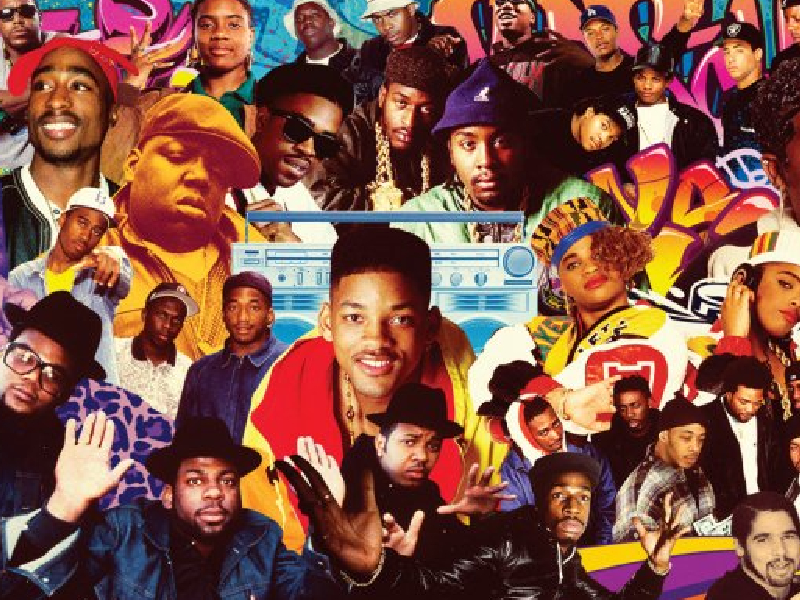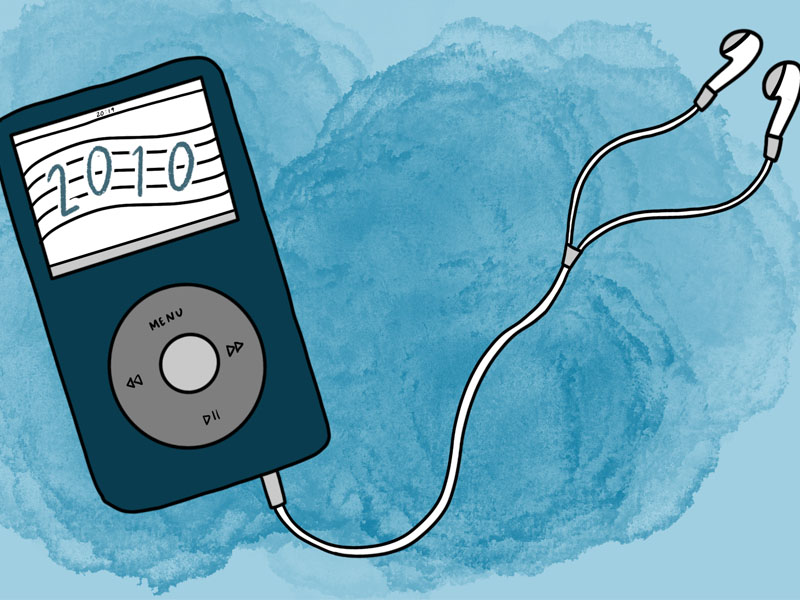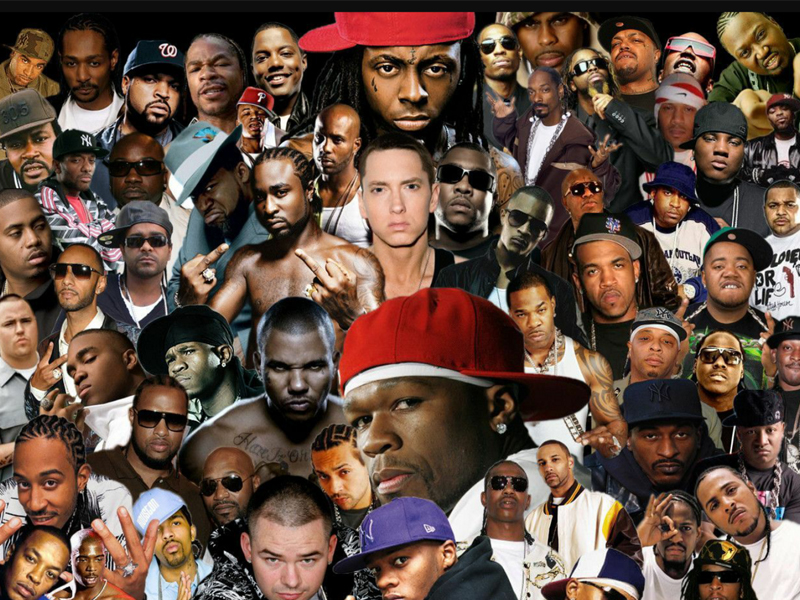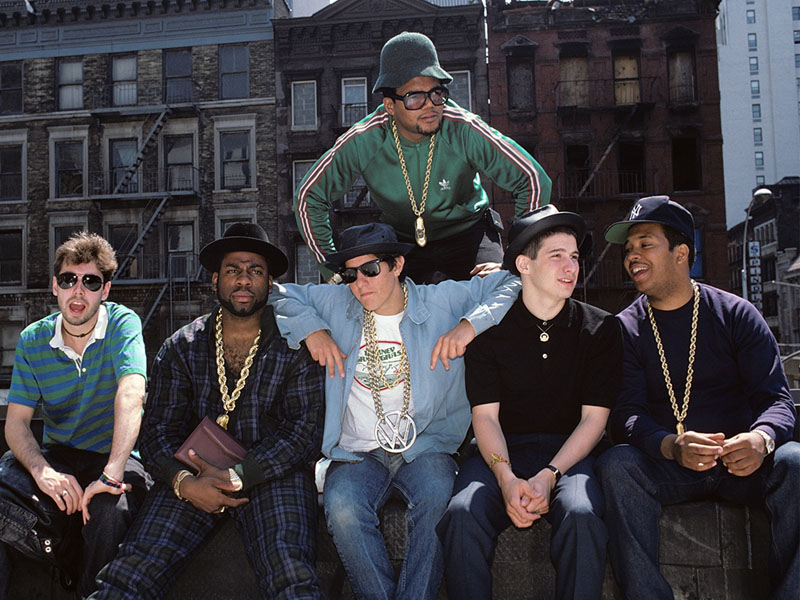|
By Janica Maya (@janicamaya) For decades, Hip-Hop artists have used music to speak against racism and police brutality. It transformed the genre as a social movement in this current age of battling the continuous fight of anti-Black racism. Many songs through generations and of today’s music scene reveal the long history and the realities Black people encounter because of their race.
By Elesha Nicholls The 2010’s was an amazing era that allowed hip-hop fans around the world to connect and interact with their favourite artists by just pulling out their phones. It was a time where popular rappers were dropping their mixtapes on websites and crashing servers, and new artists were getting their start by showing their skills on music sharing websites. This decade, though purely digital, wasn’t any much different from the previous decades but what made it stand out was how more acceptive it was to new sounds and up and coming artists.
By Elesha Nicholls (@e_glomez) The 2000’s ushered in a new age of artists who weren’t scared of taking risks and stepping out of hip-hops comfort zones. You can see this in everything from the fashion, music and collaborations artists curated. The introduction to the digital age of music began in this decade and would see the genre flourish once more. Hip-hop was venturing into pop culture and would be seen and heard on a larger scale thanks to the internet.
By Elesha Nicholls The 80’s were a time of innovation, as hip-hop artists developed not only their sound but the culture as well. Within hip-hop there have always been elements that come together to make up the genre as a whole. Back in the 80’s the four main elements of hip-hop were MC’ing, Dj’ing, break dancing, and graffiti. In this article, we touch base on the secondary elements such as fashion, geography, and music sharing of this decade.
|
Recent PostsCategories
All
Archives
December 2021
|
|
GET THE APP!
Listen to VIBE 105 anywhere you go!
|
OUR STATION
|
TUNE IN RADIO
|
STAY CONNECTED
|
Copyright © 2021 Canadian Centre for Civic Media and Arts Development Inc. Except where otherwise noted, presentation of content on this site is protected by copyright law and redistribution without consent or written permission of the sponsor is strictly prohibited.








